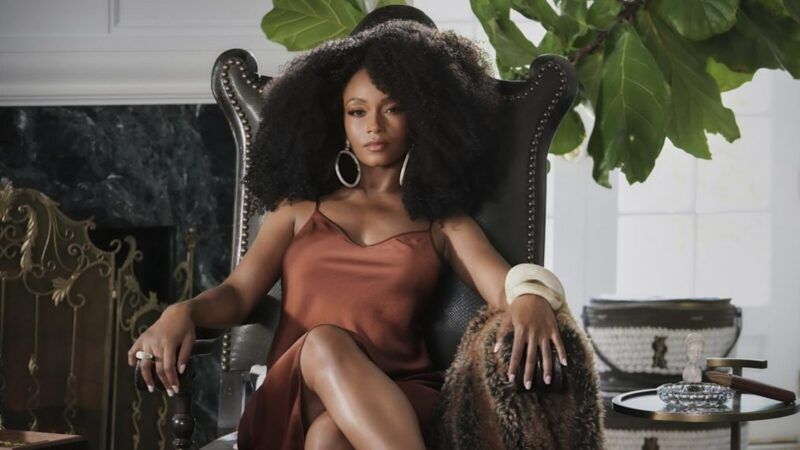Our Kind of People Serves Up an All-Too-Familiar Class War Soap Opera
Fox drama doesn’t rise—or sink—to the right level for the genre.

Our Kind of People. Fox. Tuesday, September 21, 9 p.m.
Two ancient and thoroughly regrettable television themes recur tonight as broadcast TV's anemic fall roll-out of new shows continues. One is the inexplicable CBS affection on dullard police-procedural shows about the FBI. The addition of FBI: International makes three of them on the air at the moment. Advance screener episodes weren't provided to critics, so I can't say with absolute authority that it's a dog—but anytime a network turns down free publicity for one of its shows, it's a strong indicator of canine DNA.
The other elderly chestnut being reroasted tonight is that of costume dramas about the tragic problems of the one-percenters. From Dallas to Downton Abbey, from Succession to Billions, TV keeps trying to expand upon F. Scott Fitzgerald's oh-so-insightful remark, "Let me tell you about the very rich. They are different from you and me." (Rather less effort has been expended on Ernest Hemingway's rejoinder, "Yes, they have more money.") This has mutated from a trend to an obsession: There've been five versions or spinoffs of Beverly Hills 90210, four of Dynasty, and various incarnations of Upstairs, Downstairs tyrannized the BBC for more than four decades.
Admittedly, some of these expeditions into gilt and glitter have been fun. I watched both The O.C. and the original Gossip Girl to their Jordache-ripping finales. Alas, Fox's new addition to the genre, Our Kind of People, doesn't quite rise (or is it sink?) to that level. Its main appeal is novelty—the show's cast is entirely black. That may win it some audience loyalty, but better plotting and more interesting characters would have been a better approach.
Fox's publicity for the show says it's based on Lawrence Otis' sociological study Our Kind of People: Inside America's Black Upper Class. Actually, a more direct influence was probably ABC's 2011-2015 drama Revenge, in which a trailer-trash teenager infiltrates the idle-rich beach resorts of the Hamptons to wreak bloody havoc on a family she thinks framed her father for a crime that sent him to prison.
The infiltrator in this case is Angela Vaughan (Yaya DaCosta, a veteran of all three of Fox's Chicago-brand cop and medical dramas), who plays an aggressive black hair-care entrepreneur who comes to the posh black beach resort of Oak Bluffs in Martha's Vineyard in hopes of joining an influential business sorority that will help her launch her new products. Vaughan claims her mother used to be a plutocratic summertime regular in the Bluffs, though the ladies know better: The mom was actually a maid with a rap sheet.
That runs Vaughan head-on into the new president of the sorority, corporate ball-buster Leah Franklin-Dupont (Nadine Ellis, BET's Let's Stay Together), who has just ruthlessly ousted her own father from the family business. Put off by Vaughan's naked ambition and correctly sensing that her own family is somehow a target, Franklin-Dupont accelerates into full bitch mode in record time.
There are plenty of annoying distractions in Our Kind of People, particularly the heavy and pointless use of 1970s cop-show camera gimmicks like wipes and split screens. It can also feel more than a little schoolmarmish. Is it really necessary for Vaughan to deliver a lecture on the ethnic importance of hair care ("A black woman's relationship with her hair starts well before she can even walk") directly into the face of Franklin-Dupont—who is herself black? And a lot of Vaughan aphorisms are just plain idiotic, like "A woman who can do her own hair is not dependent on anybody." Try telling that to somebody in the middle of a blood transfusion.
But mostly the problem with Our Kind of People is its silly parlor-game sensibility. A woman with a zillion-dollar new process for black hairdos would rushing it into the marketplace rather than trying to muscle her way into the Cool Girls Club. As Alexis Colby once said when an enemy called her a bitch, "If I am, take a lesson from me. You may need it in life."
